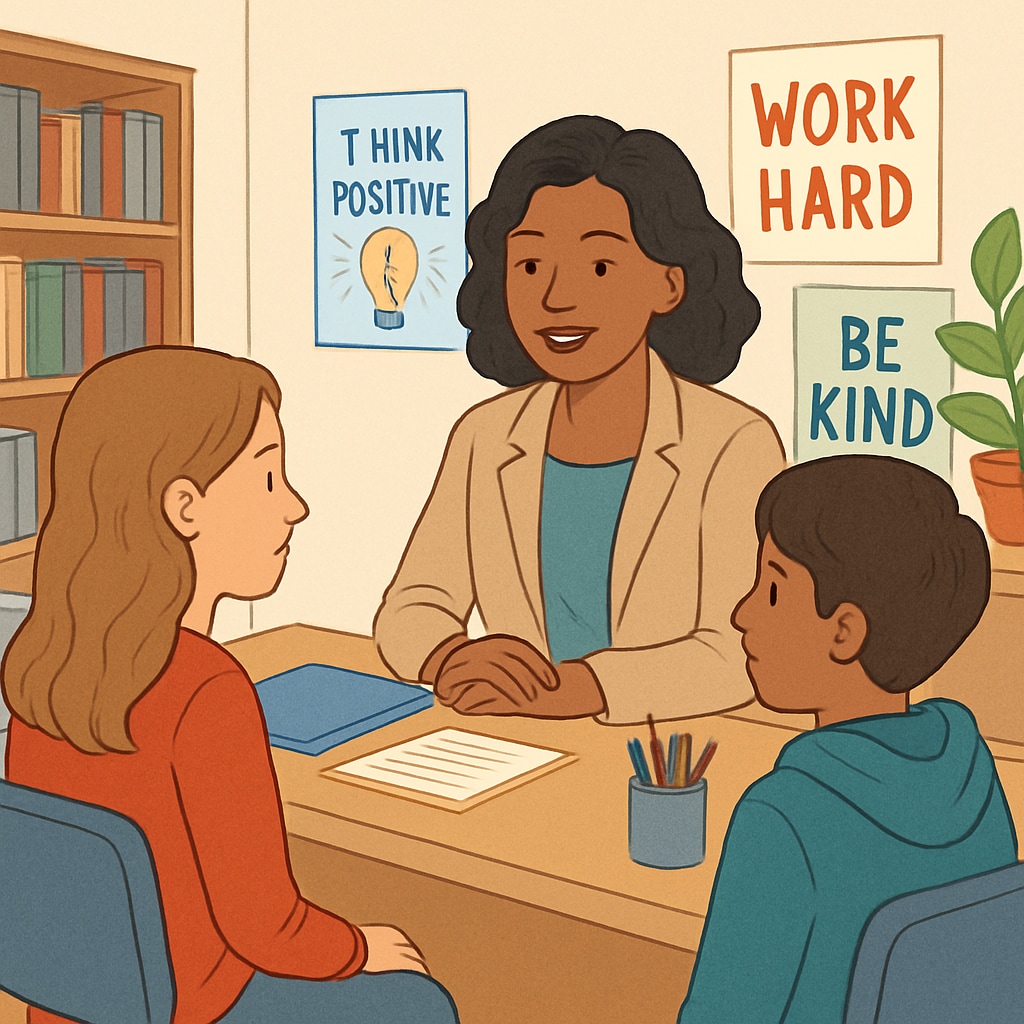When tackling a graduate-level research project, especially one involving K12 education, finding and interviewing school counselors can be a crucial step. School counselors play an essential role in the mental health and academic success of students, making their insights invaluable for understanding the broader educational system. This article will guide you through the process of locating school counselors, crafting effective communication, and conducting professional interviews. Whether you’re new to research or looking to enhance your skills, this guide will help you achieve high-quality outcomes.
Why Interviewing K12 School Counselors Matters
School counselors are more than just academic advisors; they are mental health advocates, career guides, and support systems for students. Their roles cover a wide range of responsibilities, including addressing bullying, promoting emotional well-being, and assisting students with college readiness. For graduate students conducting research, school counselors provide a unique perspective on the challenges and opportunities within the K12 education system.
For example, if your project explores the impact of mental health support on academic performance, school counselors can offer firsthand knowledge about intervention strategies and outcomes. Understanding their day-to-day responsibilities also sheds light on systemic factors influencing student well-being.

How to Identify and Reach Out to K12 School Counselors
Finding the right school counselor to interview requires strategic planning. Here are some effective approaches:
- School Websites: Visit the official websites of schools in your area or within your research scope. Most schools list their counseling staff, along with contact information.
- Professional Networks: Platforms like LinkedIn or education-focused networks can help you connect with school counselors. Search for relevant job titles and send polite, professional messages.
- Local Education Authorities: Contact your local school district or education board. They can often provide directories or guidance on reaching out to counselors.
When reaching out, ensure your communication is respectful and concise. Introduce yourself, explain the purpose of your research, and clarify how their participation will contribute to your study. Be sure to address any concerns about confidentiality and time commitment upfront.
Preparing for the Interview
Once a counselor agrees to participate, preparation is key to a successful interview. Follow these steps to ensure professionalism and efficiency:
- Research Their Background: Familiarize yourself with the school and its demographics. Understanding the context will help you ask more relevant questions.
- Develop Open-Ended Questions: Focus on questions that encourage detailed responses. For example, “What challenges do you face in addressing mental health among students?”
- Test Your Equipment: If conducting a virtual interview, ensure that your audio and video setup works flawlessly. For in-person interviews, bring necessary tools like a recorder and notebook.

Interview Techniques for Meaningful Insights
Conducting the interview is where your preparation pays off. Use these tips to maximize the value of your conversation:
- Build Rapport: Start with a friendly introduction and casual conversation to make the counselor comfortable.
- Listen Actively: Pay close attention to their responses and ask follow-up questions when necessary. This shows genuine interest and helps uncover deeper insights.
- Respect Their Time: Stick to the agreed-upon time frame and thank them for their participation at the end of the interview.
After the interview, send a thank-you email to express your gratitude. This small gesture goes a long way in maintaining professional relationships.
Key Takeaways for Graduate Researchers
Interviewing K12 school counselors can be a transformative experience for graduate students. It not only enriches your research but also deepens your understanding of the education system. By following the steps outlined in this guide—identifying counselors, crafting effective outreach, and applying professional interview techniques—you can ensure a successful research process.
Remember, the insights you gain are not just academic; they contribute to a growing body of knowledge that can positively impact educational policies and practices. Approach the process with curiosity, respect, and professionalism, and you’ll likely achieve exceptional results.
Readability guidance: Use short paragraphs to improve clarity. Incorporate lists to present key points effectively. Maintain a balance of active voice and transitional phrases to enhance the flow of the article.


